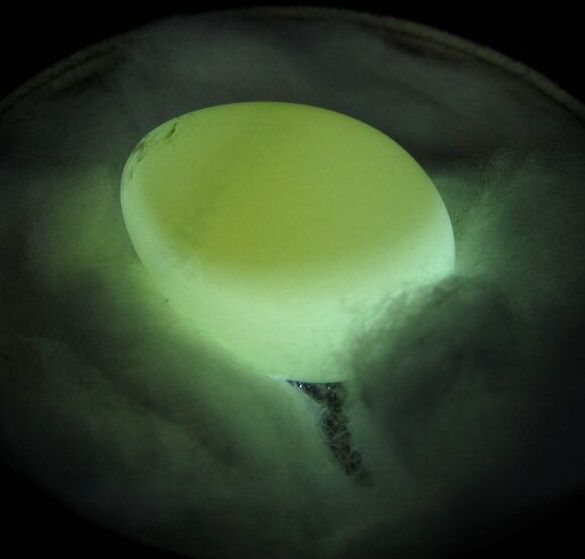Aging link
~~~ “The telomere biology of humans is closer to the telomere biology of birds than those of traditional laboratory models. In both humans and birds, telomere length is measured in a minimally-invasive way from small blood samples,” says Collegium Researcher Antoine Stier from the University of Turku (Finland), the main author of the research article.
While authors of the study had reasons to expect shorter telomeres in chicks born from eggs injected with thyroid hormones, they were quite surprised to find that those chicks actually exhibited longer telomeres right after birth.” “Based on the natural decline of telomere length observed with age in the same collared flycatcher population, we estimated that chicks hatching from thyroid hormones injected eggs were approximately four years younger at birth than chicks hatched from control eggs,” adds Collegium Researcher Suvi Ruuskanen.
Although the molecular mechanisms underlying such effects remain to be discovered, the new findings suggest that prenatal thyroid hormones might have a role in setting the ‘biological age’ at birth.
The environment provided by the mother during embryo development has major consequences on later-life health and lifespan. This can arise through effects on cellular aging which is often estimated with the length of telomeres. Telomeres are the protective end caps of chromosomes and their length is a marker of biological age.
While telomeres normally shorten with age, short telomeres at a given age predict higher disease and mortality risks. Prenatal exposure to maternal stress hormones as well as instability during embryo development have previously been found to result in short telomeres, i.e. accelerated cellular aging.
A new study funded by the Academy of Finland and the Turku Collegium for Science and Medicine manipulated prenatal exposure to maternal thyroid hormones using egg injection in an avian model.
